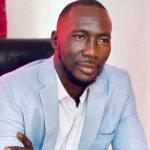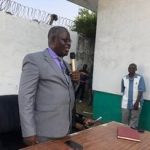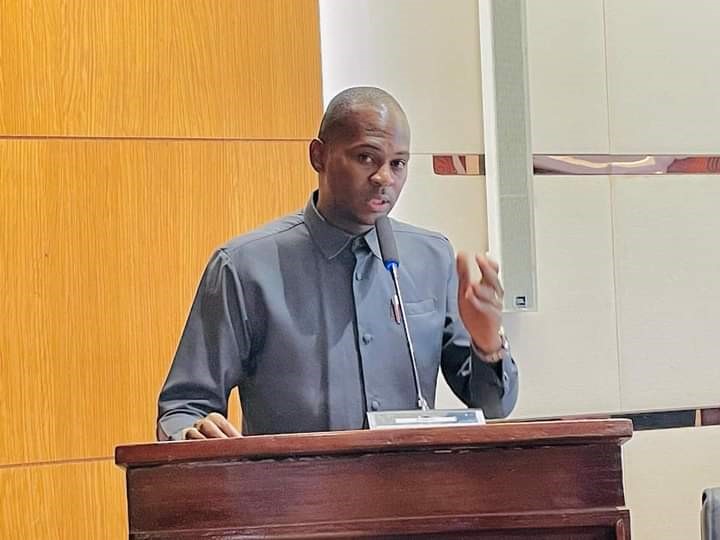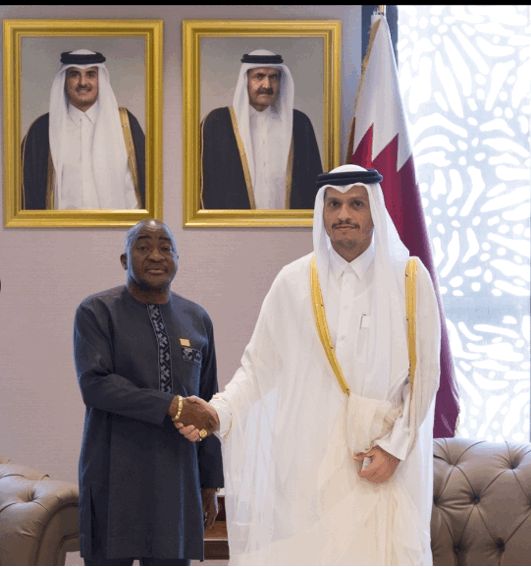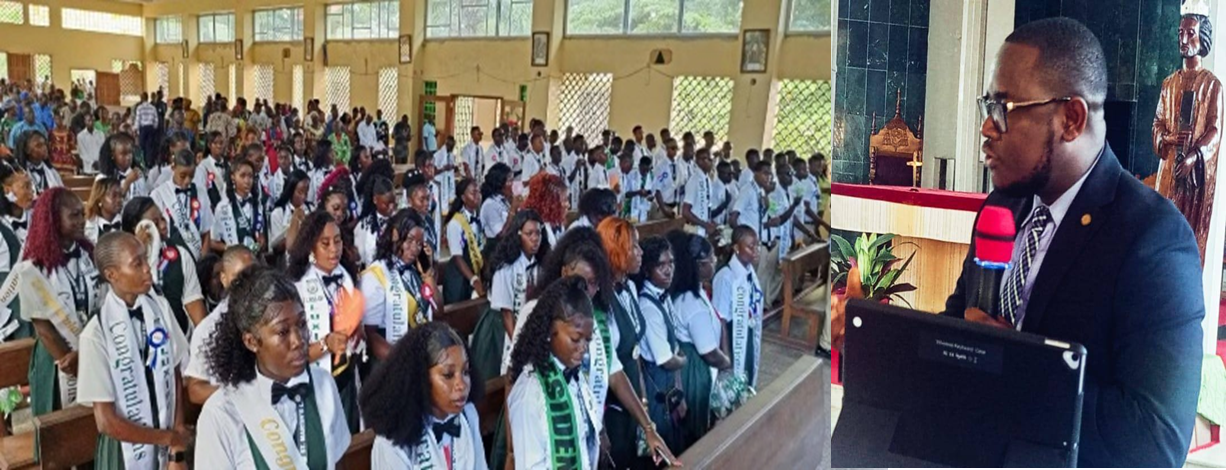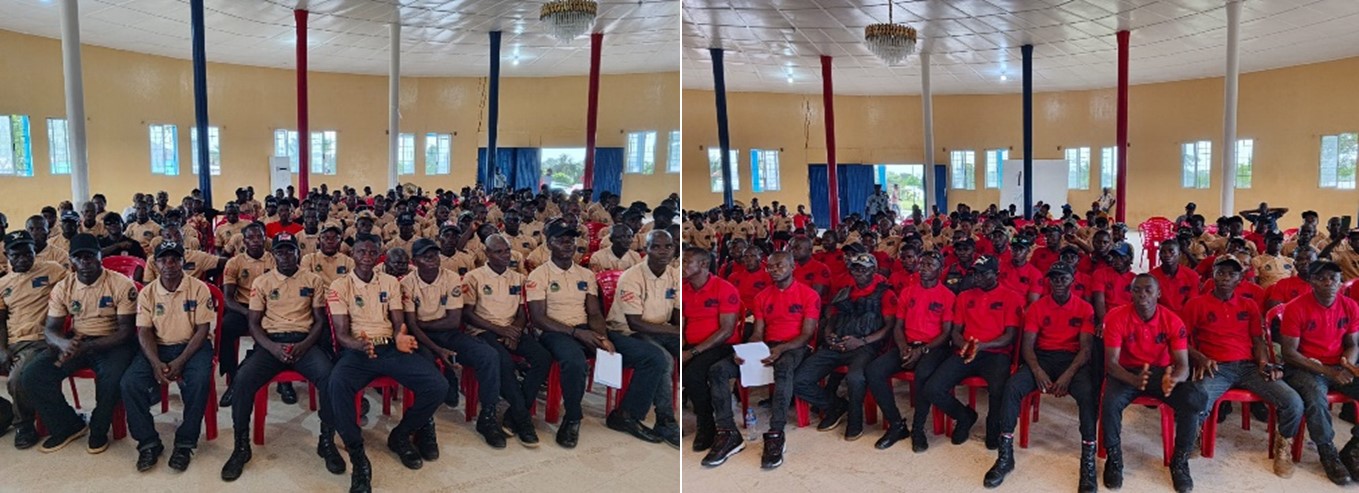The mining industry is not only shaped by economic forces but also significantly influenced by political dynamics. This article explores the intricate relationship between politics and mining, with a focus on High Power Exploration (HPX) and ArcelorMittal Liberia, the country’s private sector leader.
High Power Exploration Inc. (HPX) is a privately-held company with a keen focus on developing the ultra-high-grade Nimba iron ore project in Guinea.
Over the past few years, HPX has been embroiled in a complex struggle to secure approval from the Liberian government for the utilization of the railway infrastructure stretching between the Nimba Mountains and the Port of Buchanan.
This rail system, however, remains under the contractual purview of ArcelorMittal Liberia, which still holds approximately seven years under its Mineral Development Agreement (MDA).
The current MDA grants ArcelorMittal Liberia exclusive rights to operate and maintain the rail, with no other entity permitted usage without explicit approval from AML.
Amidst escalating tensions regarding HPX’s aspirations to utilize the railway and port facilities in Buchanan, ArcelorMittal responded by initiating new negotiations with the Government of Liberia (GOL).
The discussions aimed at extending its operational scope for an additional 25 years, requiring a substantial investment of $800 million to expand its operations, targeting an annual production capacity of 30 million tons.
In the renegotiated MDA, it was agreed that other companies could now use the railway, providing the Liberian government with additional resources.
However, during the executive-level deliberations, HPX strategically positioned its agents in all relevant meetings, gathering details from discussions on the proposed MDA.
Some high-ranking government officials collaborated with HPX, providing insider information to oppose specific sections of the MDA, particularly those granting operational rights to ArcelorMittal Liberia.
ArcelorMittal Liberia had argued for operational control of the rail, citing their substantial investment of over $500 million to make it functional. Despite the agreement that AML would forfeit its operator role if any unfair treatment to other companies was established, HPX vehemently opposed AML’s rail operator rights.
When the renegotiated deal reached the Legislature for review and approval, HPX continued its campaign of misinformation and disinformation, swaying key representatives against the MDA. The Legislature, after weeks of discussion, opted for a conference session to address outstanding issues.
Surprisingly, the House called an emergency closed-door session solely to reject the AML deal, branding it monopolistic and calling for renegotiation, a decision taken unilaterally without consulting the Senate, which had formed a committee to address the AML deal.
Reports have repeatedly surfaced indicating that HPX might not be interested in mining ore from the Nimba project in Guinea. Instead, its focus seemed to be neutralizing the Liberian railway, potentially flipping the mine to another company. Allegedly, the prospective buyer insisted on AML not being the rail operator.
Following the House’s rejection of the AML deal, on March 30, 2023, a controversial framework agreement was signed between the Liberian government officials and HPX. This accord granted HPX the right to extend the railway from Yekepa to the Guinea-Liberia border, with access to the Yekepa-Port of Buchanan rail.
This move prompted ArcelorMittal Liberia to express concerns about the violation of its rights under the existing MDA. In response, the Minister of Justice, Frank Musa Dean, emphasized Liberia’s sovereignty, asserting the government’s right to make decisions without intimidation from ArcelorMittal Liberia.
Few months later on Monday, October 17, 2022, President George Manneh Weah issued Executive Order #112 establishing what he calls the National Railway Authority (NRA) with responsibility to, amongst other things, manage railway and associated infrastructures owned by the Government of Liberia (GOL).
The unfolding saga involving HPX, ArcelorMittal Liberia, and the Liberian government continues to raise questions about the intersection of business interests and political maneuvering in the mining sector.


